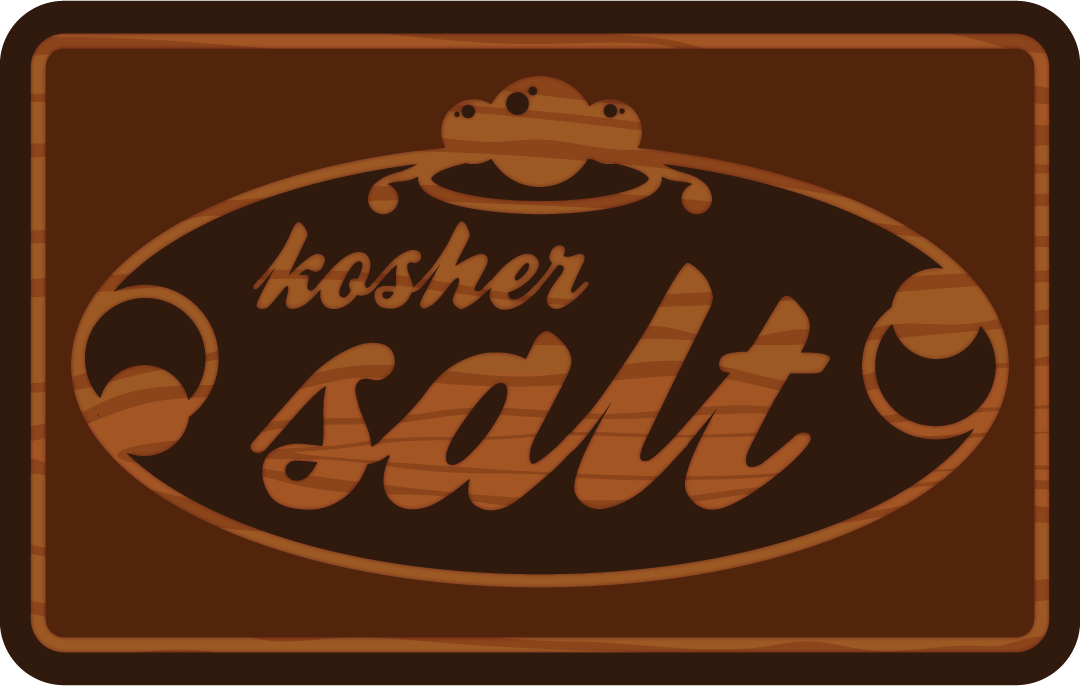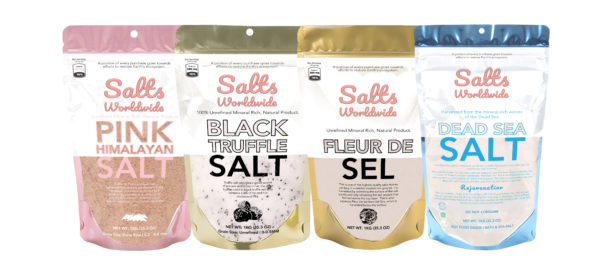
The Biggest Advantages and Disadvantage of K kosher Sea Salt
There are numerous reasons to quit your old conventional table salt routine and welcome a healthier alternative such as kosher sea salt, and plenty more to choose from too. You may be tempted to keep your kosher sea salt in the pantry as an on-hand resource in case you have a craving for kosher table salt. If so, think again. Table salt is indeed salty, but not kosher sea salt. And it’s best left where it is.
First, there’s the issue of flavor. kosher salt has no meat flavor, which is fine as far as I’m concerned; however, some of my family members really do enjoy the taste of smoked meat. Some would say that’s a lack of taste, but to each his own. Personally, I believe part of the pleasure of eating meat comes from the atmosphere it’s in – whether it’s the seasonings inside the braised meat, the salt and pepper on the outside, or the natural flavor of the meat itself. To each his own, I suppose.
So let’s talk about flavor. Kosher sea salt has no clue. It has no discernable meat flavor, and even if it did, the lack of kosher salt in the mix would make the meat less than appetizing. And since kosher salt isn’t made to release any excess moisture, there’s no chance for meat to soak up any of the seasoning that passes through it. Not to mention that there’s no way to know exactly where the salt came from other than by looking at the ingredients list – if it’s kosher salt, then it probably came from kosher salt mines in Israel, and chances are it hasn’t changed much in a while.
Other kosher salts have key features that set them apart. For example, dill, an herb often used as a seasoning for sea foods, is also a key feature of kosher salt. This gives kosher sea salt its anti-caveat bite, allowing it to be used in more delicate sea fare such as oysters and clams. Most sea salts have a very low absorption rate, but kosher salt has a higher absorption rate, so it retains more of its’ flavor. kosher salt is a naturally high quality salt with some of the most powerful flavors of all the kosher salts available.
The reason that kosher is so superior to regular table salt is because kosher salt has been treated with boron, which prevents it from binding to blood cells. Regular table salt isn’t, so this feature allows the blood to flow freely through your body without being hindered. Because of this, kosher salt is thought to help reduce the risk of hypertension.
Unlike regular table salt, kosher sea salt doesn’t go through a series of chemical processes to make it kosher. It’s simply dyed using the colors that are associated with kosher. As a result, the salt is safe to eat; it won’t cause an allergic reaction or cause kidney damage, which is often the case when table salt is iodized. Iodized salt is no longer sold in stores, but many companies still produce kosher sea salt on a smaller scale.
In the end, the choice for the best kosher salt is up to you. If you’re looking for a healthier alternative that still has plenty of great flavor, kosher sea salt will meet your needs. If you’re looking for the traditional benefits of table salt with a healthier slant, kosher salt may not be for you. Whichever type of kosher salt you choose, though, you can be sure that it’ll provide your family with health benefits that are unmatched by any other salt on the market. It just makes sense.
While there are no major drawbacks to kosher sea salt, you should be aware of the biggest drawback: the price. While sea salt is generally more expensive than table salt, it’s still cheaper than most other salts on the market. The biggest drawback is, of course, the cost – but even with that said, there are alternatives to shopping for kosher sea salt that may be a better fit for your budget. Remember, too, that there are other benefits besides the obvious health benefits associated with kosher sea salt.


